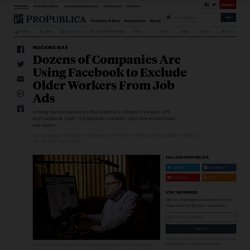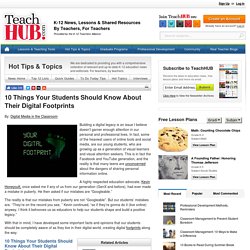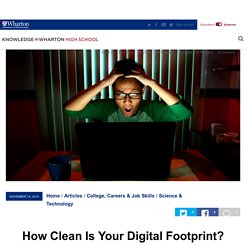

New ‘SNL’ Cast Member Shane Gillis Fired Over Racial Slur In Old YouTube Video. Embattled stand-up comic Shane Gillis will not be joining Saturday Night Live this fall over the controversy surrounding his past racial slur use.

The NBC comedy program just made the announcement, apologizing for any deficiencies in their vetting system that allowed for Gillis to be hired in the first place. “After talking with Shane Gillis, we have decided that he will not be joining SNL,” an SNL spokesperson said on behalf of Lorne Michaels. “We want SNL to have a variety of voices and points of view within the show, and we hired Shane on the strength of his talent as comedian and his impressive audition for SNL. We were not aware of his prior remarks that have surfaced over the past few days. The language he used is offensive, hurtful and unacceptable. Related Story Democratic Hopeful Andrew Yang Forgives 'SNL' Castmember Shane Gillis For Racial Slur Landing SNL was a big break for Gillis, whose résumé includes Comedy Central radio show The Bonfire.
F. (4) Are Internet Trolls Born or Made? Everyone's Trying to Track What You Do on the Web: Here's How to Stop Them. The Truth About Data Mining: How Online Trackers Gather, See Your Info. Companies like Google and Facebook use cookies to track users across multiple websites over an undisclosed amount of time.
(Photo: Ksayer1/Flickr) Targeted ads have become a way of life. When you search for an airline flight, online snippets keep track of what you looked for and use this information to serve you catered ads. The collected data can be used to determine your ticket prices, decide which ads to show you in the future, and even go as far as change how you feel about yourself. There are many companies whose sole purpose is to gather and trade people’s information. It’s called targeted advertising, and it’s a side of the Internet so new there aren’t any regulations to control it. Below we’ll talk about the kind of information these companies can see, and how they can use it to both empty your wallet and further their own agenda.
It All Starts with a Cookie Companies like Google and Facebook use cookies to track users across multiple websites over an undisclosed amount of time. Stop Doing These Things If You Want to Create Polite Digital Citizens. Georgia detention officers dismissed over online comments supporting Nazis. Dozens of Companies Are Using Facebook to Exclude Older… This story was co-published with The New York Times.

A few weeks ago, Verizon placed an ad on Facebook to recruit applicants for a unit focused on financial planning and analysis. The ad showed a smiling, millennial-aged woman seated at a computer and promised that new hires could look forward to a rewarding career in which they would be “more than just a number.” Some relevant numbers were not immediately evident. The promotion was set to run on the Facebook feeds of users 25 to 36 years old who lived in the nation’s capital, or had recently visited there, and had demonstrated an interest in finance. For a vast majority of the hundreds of millions of people who check Facebook every day, the ad did not exist.
10 Things Your Students Should Know About Their Digital Footprints. Building a digital legacy is an issue I believe doesn’t garner enough attention in our personal and professional lives.

In fact, some of the heaviest users of online tools and social media, are our young students, who are growing up as a generation of visual learners and visual attention seekers. This is in fact the Facebook and YouTube generation, and the reality is that many teens are unconcerned about the dangers of sharing personal information online. A highly respected education advocate, Kevin Honeycutt, once asked me if any of us from our generation (GenX and before), had ever made a mistake in puberty. How Clean Is Your Digital Footprint? - KWHS.
While she’s in the midst of a flurry of college applications, Lillian Donahue isn’t taking the chance that a blemish from her digital footprint may be the difference between getting the thumbs up from Arizona State University, her top choice, and watching someone else get her acceptance letter.

Donahue is constantly reviewing her social media feeds – Instagram, Snapchat, Facebook, Twitter, LinkedIn – for things like suggestive or immature language that could be controversial or unsavory in the eyes of college admissions professionals who may be taking a peek at her online life. If she’s not sure how a post may be received, it gets the ax. “Double, triple, quadruple check yourself,” says the senior at Ladue Horton Watkins High School in St. Louis, Missouri.
“I know every single one of my colleges is looking.” Digital DNA Donahue’s future employers may be looking, too, even years down the road. And colleges are watching. Conversation Starters. Lesson Plan: Digital Footprint.